
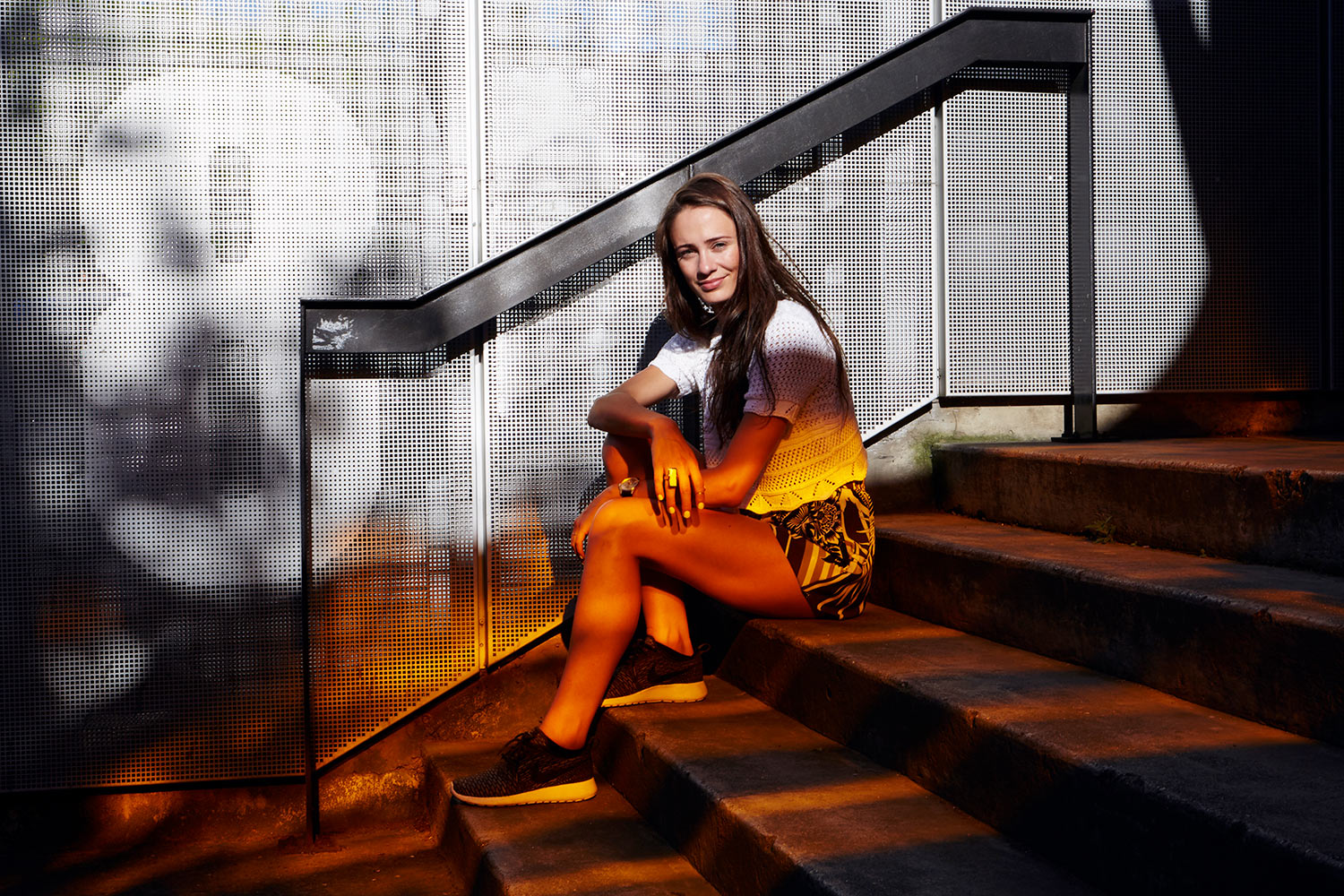
Kovert Designs is a forward-thinking startup bringing mindfulness to corporate culture
The hippy and the tech entrepreneur have never made the cosiest bedfellows. One is traditionally caught up in a hazy, idealist nostalgia while the other eyes the future for capitalist gain. Their vibes just don’t connect. But the further the 1960s fades into the past, and the more pervasive technology becomes, the more these generalisations become dated caricatures. Nowadays hippies have 9 o'clock Skype appointments with potential investors, while Silicon Valley CEOs miss their weed deliveries because they’ve got Jefferson Airplane on too loud.
There exists a new-age hippy mentality, less about bongs, more about business. What remains is an underlying spirituality, mindfulness and balance to their pursuits. Kovert Designs is one such example, a start-up with tech-wary sensibility, based in Second Home – a state-of-the-art hub for entrepreneurs in east London. It's aim is to make tech that will make us 'more human'.
“I think all of us intuitively recognise that digital connection has a negative impact on human connection,” says Kate Unsworth, founder and CEO of Kovert Designs. “If there’s a phone present, if somebody is checking email while you’re having dinner, even if there’s a beep in the background while you’re trying to communicate with somebody it throws your train of thought out the window and that breaks the human connection that you’re trying to establish with somebody.”
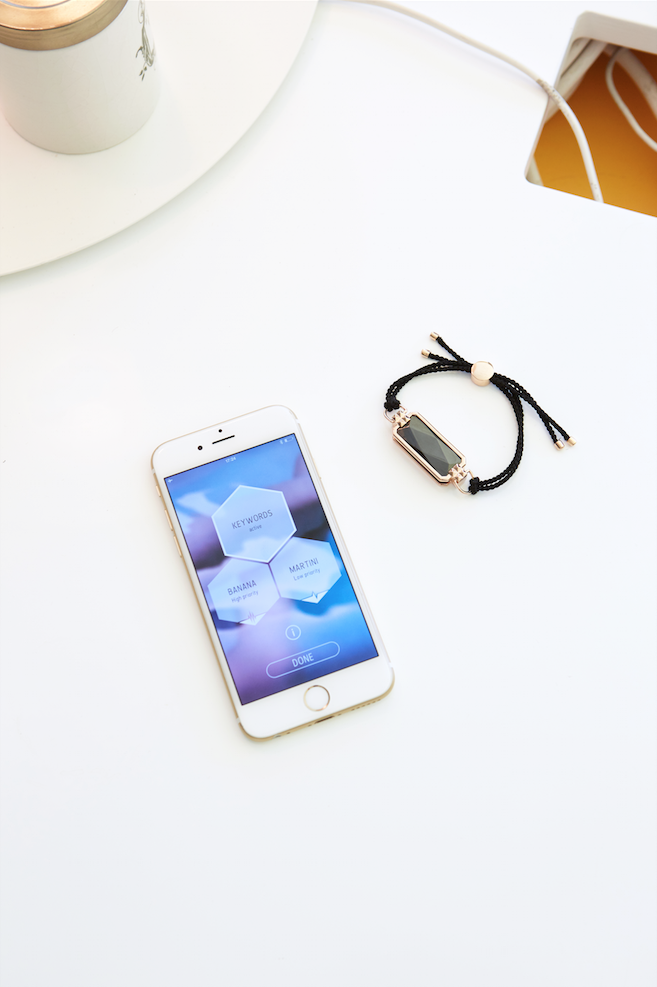
Kovert's first product range goes straight to the heart of this problem. The team hired neuroscientists and digital anthropologists to research how modern communities interact with technology and how that impacts their ability to connect. The Altruis collection (featured in Protein Journal #15) empowers wearers to take a step away from their smart phones by invisibly integrating cutting edge micro-electronics into designer jewellery. Subtle vibrations alert wearers for important notifications from certain people or with specific keywords (as defined by you, using the app), so that you can cut out the noise and focus on the things that really matter.
“There are so many studies coming out at the moment which show that (in particular) kids who have grown up with technology can have an inability to feel empathy towards another person,” explains Unsworth. “An inability to recognise facial expressions –when somebody’s shocked, when somebody’s disappointed, when somebody’s frustrated – is just the tip of the iceberg.” Kovert aren’t suggesting we disregard technology altogether, they’re weighing up the options. “Maybe technology is supposed to fit into a certain quadrant of our lives rather than being all encompassing, or maybe it does leak its way into every waking moment. Either way, we have to be much smarter about how we develop it so that it doesn’t negatively impact our ability to be human.”
What’s most impressive about Kovert's approach to this is its research. An ever-growing team is constantly investigating human connection with a view to using their findings to inspire products rather than creating for tech’s sake. Kovert’s ongoing Presence Experiment is attempting to prove how living in the moment, rather than behind a screen, can be beneficial for your health and more so, for your stress levels. Similarly, Kovert’s recent short film entitled I See You looked at the power of eye contact. In the film, 10 participants opened their eyes to a complete stranger before holding their gaze for five minutes. Meanwhile, anthropologists analysed the encounters, paying special attention to how people’s heart rates synchronised.
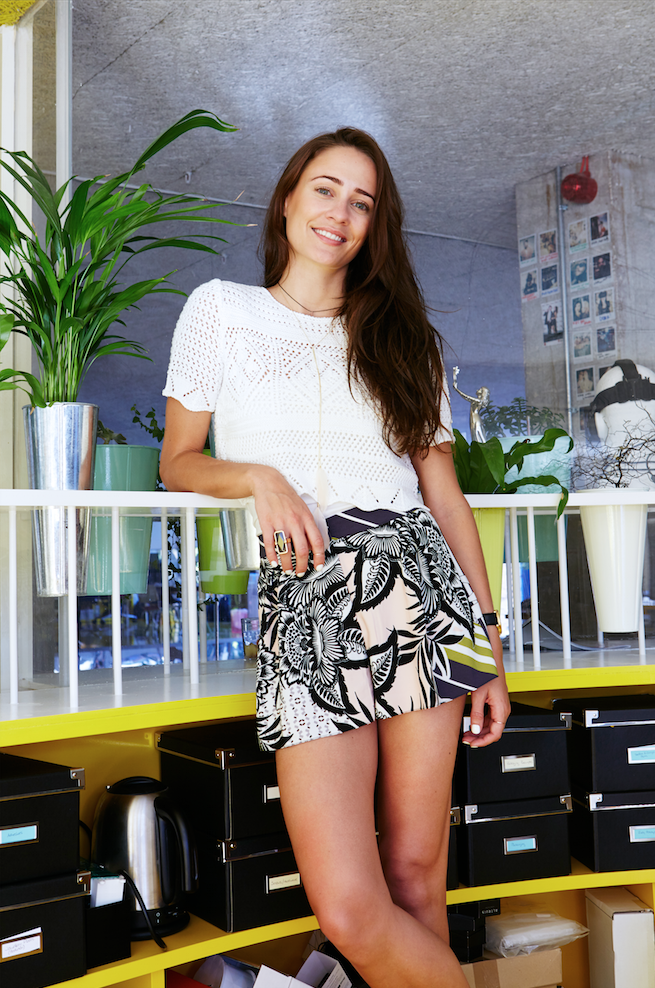
Lots of studies are saying gazing into somebody’s eyes can relax you to such an extent that it’s the best stress relief
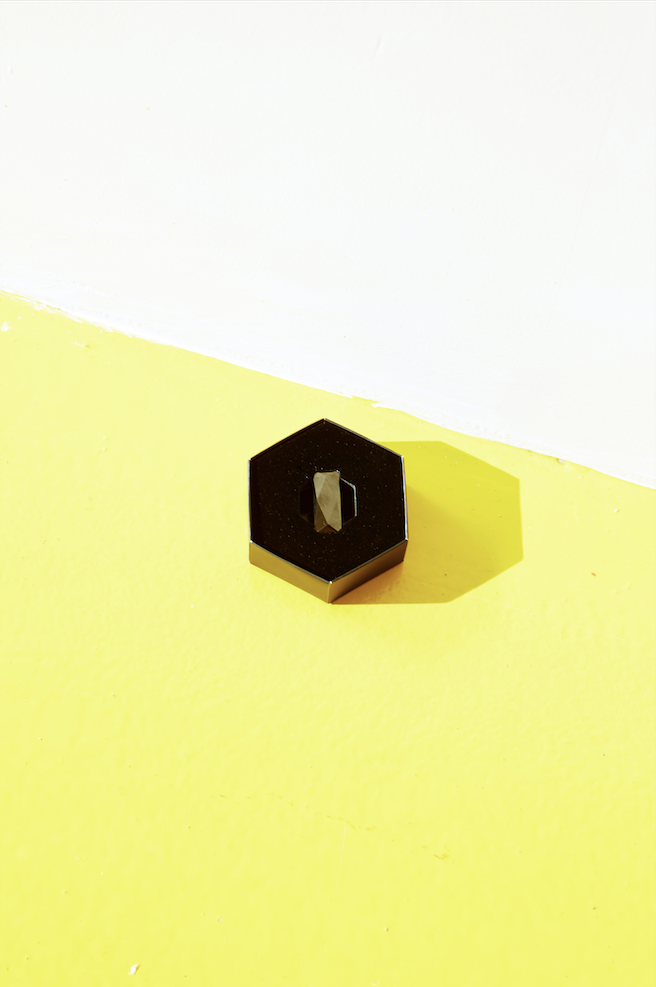
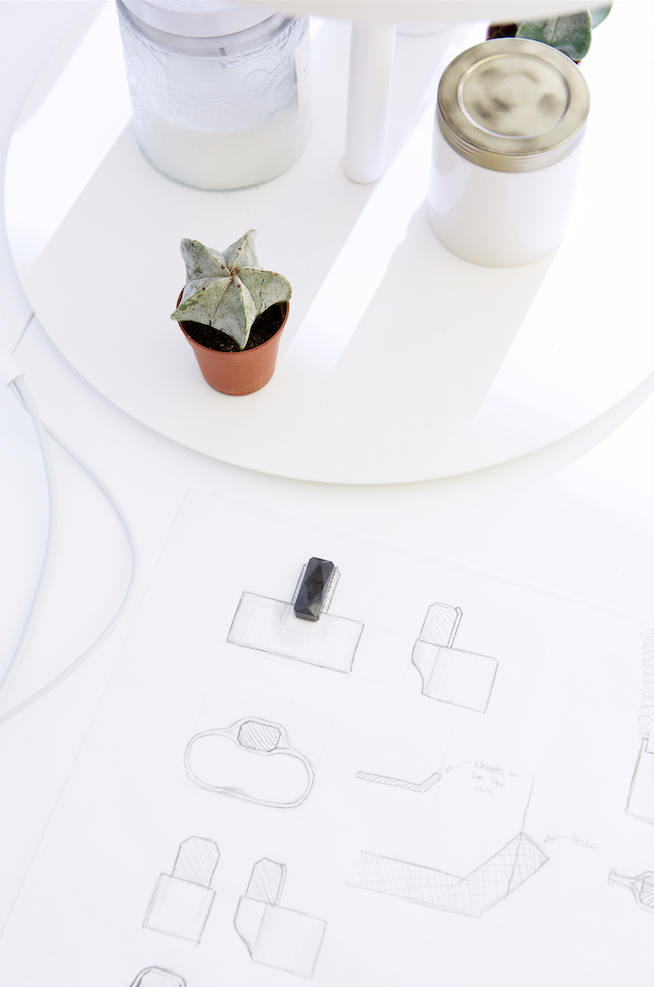
“That experiment is continuing and really what we want to understand is how eye gazing affects your heart rate and how that affects your stress levels,” explains Unsworth. “They’re saying that gazing into somebody’s eyes can relax you to such an extent that it’s the best stress reliever. So what if that was a thing? What if on Wall Street when they were doing a big deal it suddenly got too much and they just stared at each other for three minutes? What if that was the best cure?” This kind of talk might have traditionally raised a few eyebrows, but today forward-thinking corporations are embracing mindfulness. Google have been advocating energy pods, in which employees can take respite, while Youtube regularly bans the use of staff email in order to increase collaboration and productivity. What Kovert want to do is now move beyond these more accepted practices.
The research isn’t just limited to the lab, Kovert’s studies have taken them far afield. The team recently took 40 influencers (from business execs to designers) for a digital detox retreat in Marrakech (other trips include Tulum, Ibiza and Kenya). Unsworth believes the best way to demonstrate the power of disconnecting is by actually taking people ‘offline'. So on day two of the trip everyone’s phones were taken from them and a team of scientists examined the group’s behaviour. “People use their phone as a safety net, especially in situations where they’re meeting new people,” explains Unsworth. “At lunch, if one person takes their phone out everyone does it. When we take their phones away it’s interesting to see what are they’re doing thirty minutes later. Typically they're tapping their pockets and asking ‘what’s going on?’ The question is how does this compare to a day later or four days later? We’re really studying how the interaction between two people is affected once you remove the technology.”
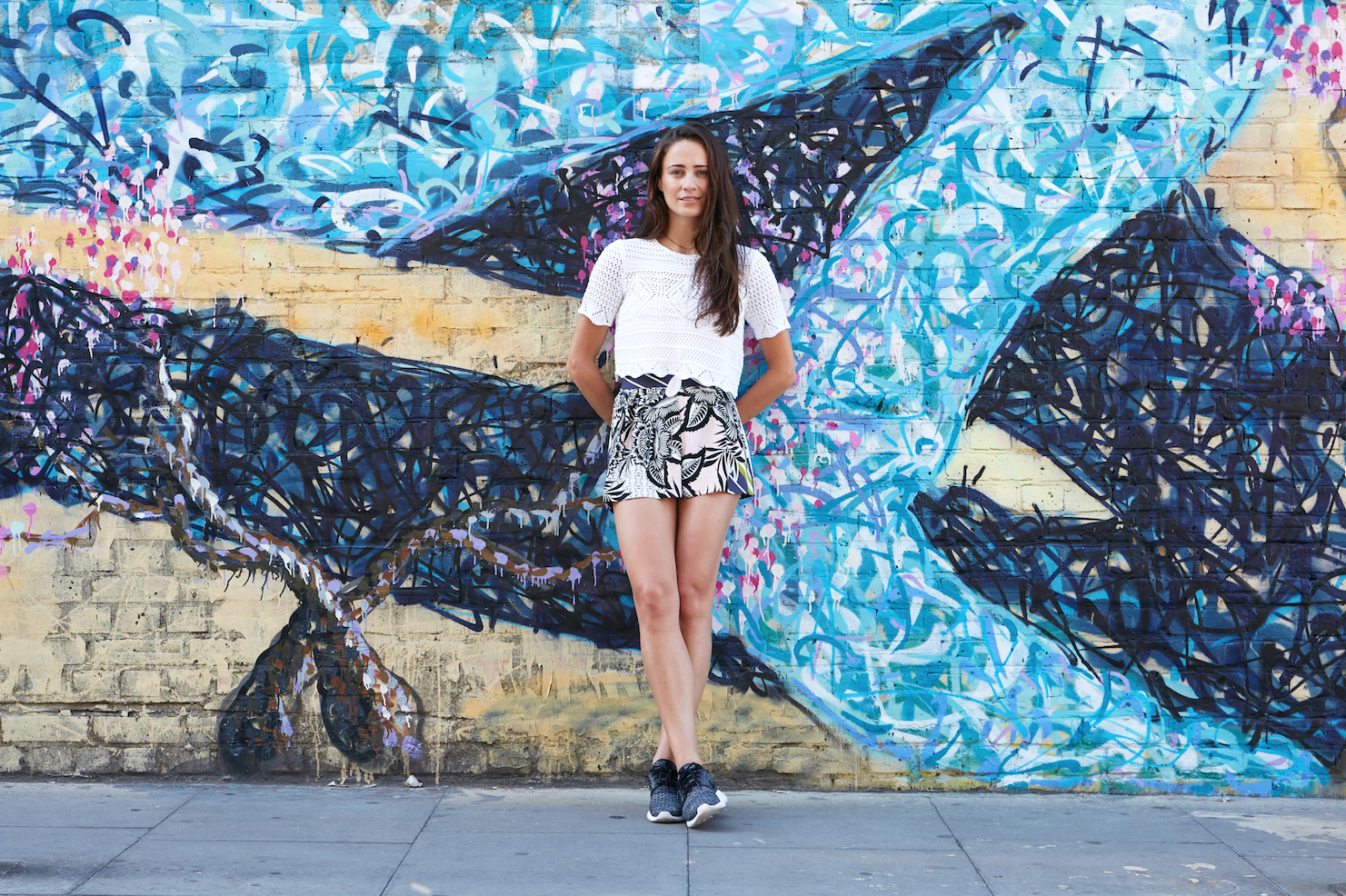
It’s this commitment to mindfulness that makes Kovert’s mantra more about a lifestyle than a range of products. A global network of open-minded creatives, a.k.a the Kovert Tribe, regularly get together in London, LA or New York for dinner, group meditation and yoga sessions, which also double as focus groups that refine the direction of the brand. It seems the key to Kovert's success is practicing what they preach. Unsworth has reduced her email traffic by 70% according to her automated out of office email notification. “I will only check this email address occasionally, in an attempt to Be Kovert, maintain focus, and improve productivity. Please excuse the delayed/lack of response,” the notification goes on to say. She also leads daily meditation classes at Kovert HQ and plans to employ an in-house yoga instructor, emphasising the classes are in place as a preventative measure rather than a solution to stress.
Selling this concept in a tech-centric world is challenging. After all how many brands create fashion accessories, embrace big data, pool scientific research and organise holiday getaways in order to create a mindful community? Even Unsworth's engineers were dubious at first, but now, like many others, they're embracing her way of thinking.
Photography by Dexter Lander
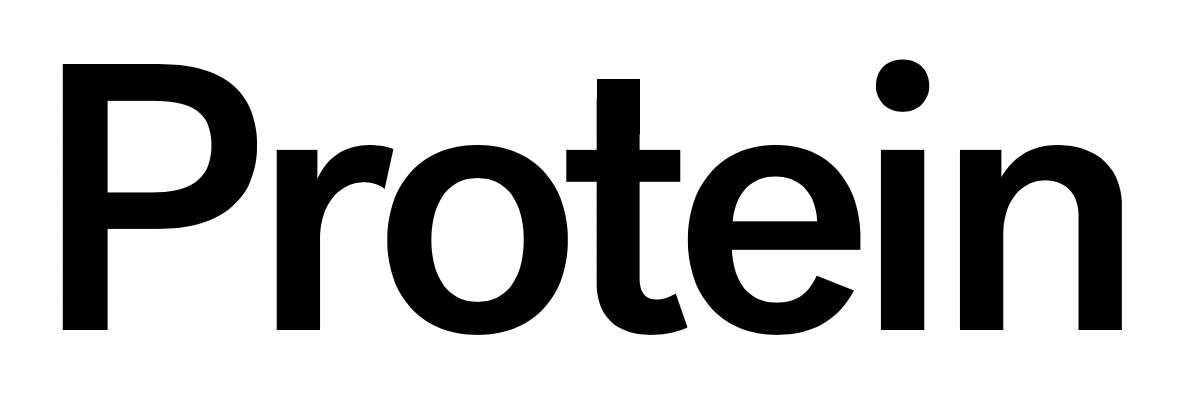

Discussion